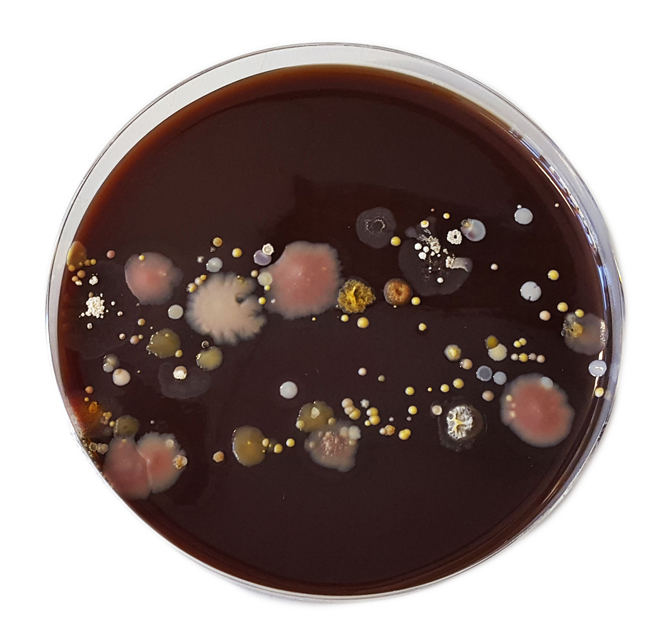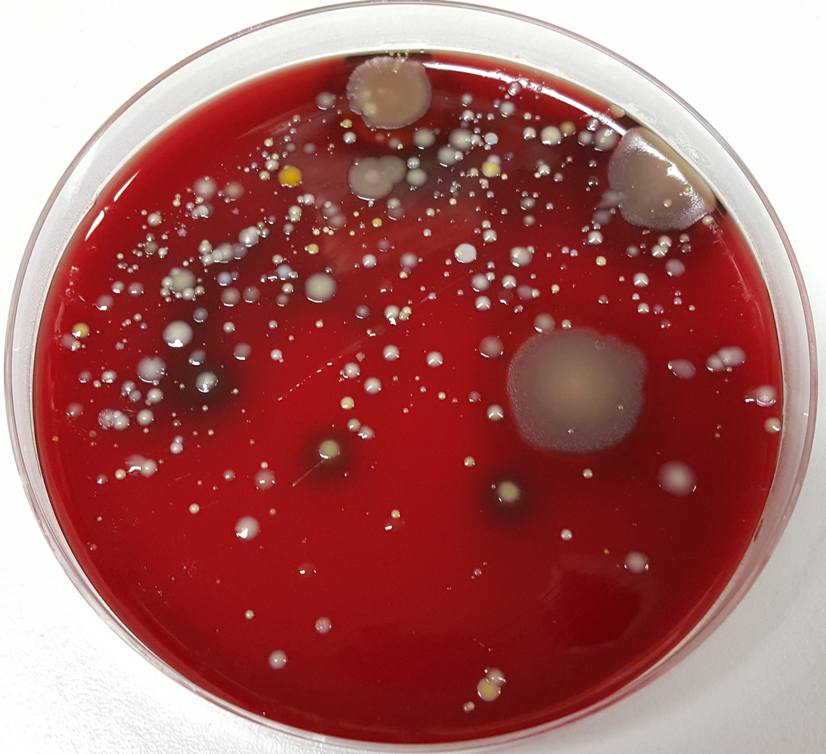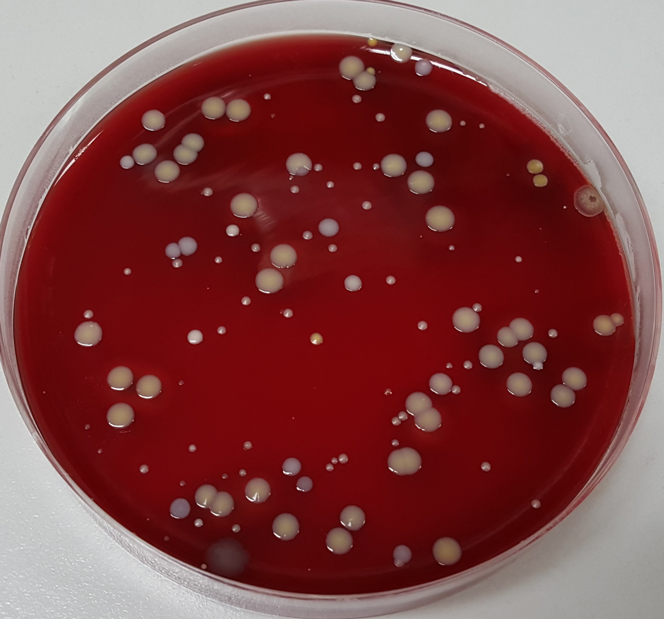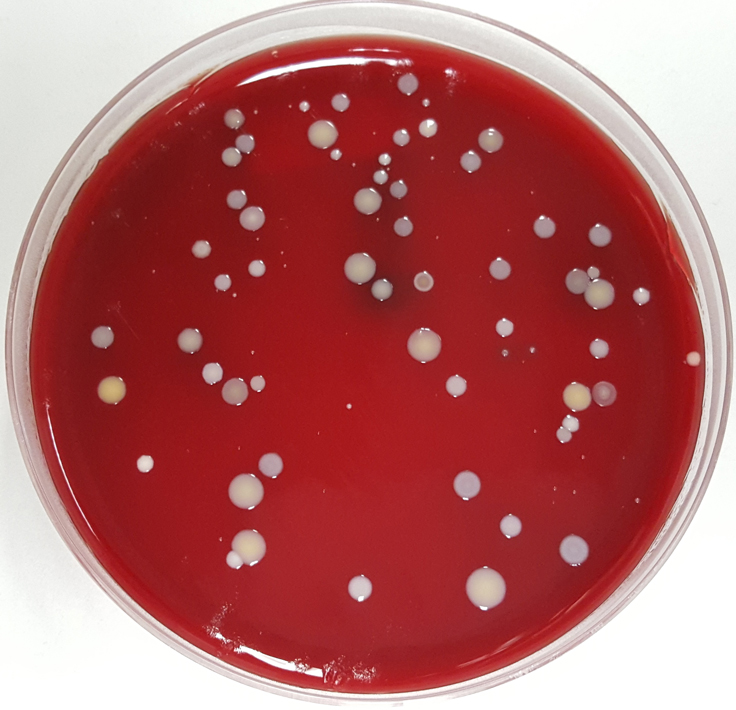Does a door handle or a phone have more germs?
We are all well-versed in the need to wash our hands before and after touching surfaces where germs might be lurking, to prevent the spread of disease.
But while you might take care around communal surfaces like toilet door handles and lift buttons, it turns out the real culprit might be more personal.
In fact, you might even be touching it right now to read this.
Revealing the germiest places in the workplace
An experiment by IMB’s Dr Alysha Elliott revealed that your mobile phone is one of the germiest surfaces in the workplace.
She made the discovery after she swabbed surfaces around the office and people’s hands before and after washing, then grew up the samples in petri dishes.
“We found a range of microbes on everyone’s hands and on all surfaces, though some places were surprisingly cleaner than others,” Dr Elliott said.
“Some of the germiest surfaces were a mobile phone screen, a computer keyboard and an office kitchen bench, while door handles, desks and chairs were much cleaner.”
“The results are a good visual reminder of the need to wash your hands, as cleaning thoroughly with soap and water reduced the number of microbes on all hands we tested.”


BY THE NUMBERS
Washing hands with soap and water could
reduce deaths from diarrhoea globally up to
50%
r Elliott emphasised it is important to remember that not all bacteria are harmful: “Humans carry bacterial colonies from our office keyboard heads to our toes, and the vast majority of these are harmless or indeed beneficial to human health.”
“Washing our hands is a simple, affordable and effective way to reduce the risk of picking up or passing on germs that could lead to infections such as COVID-19, pneumonia, diarrhoea and influenza.”


Mouldy bread activity
Try this eye-opening experiment at home.
All you need is a few slices of bread to show the importance of good hand hygiene.
